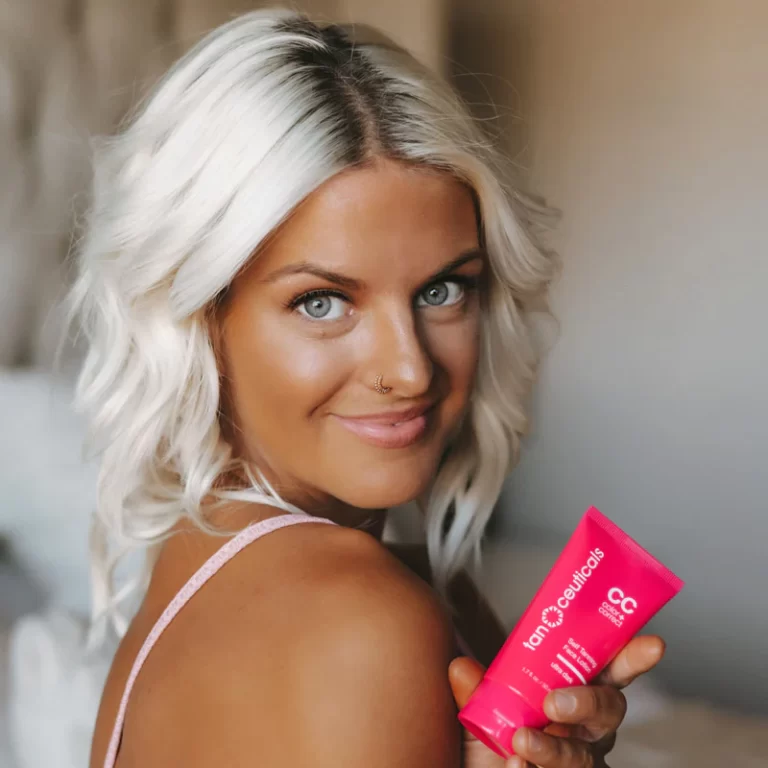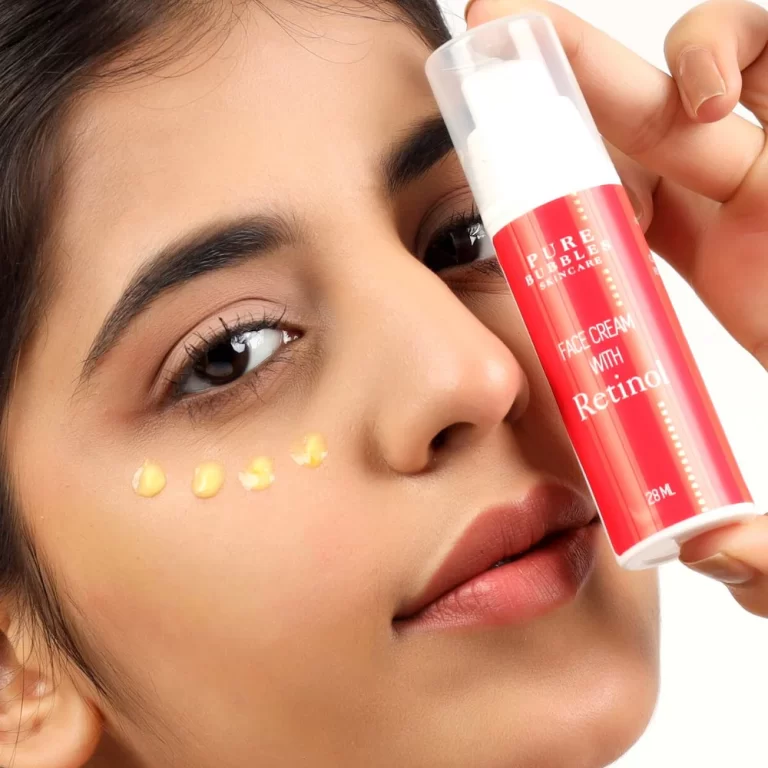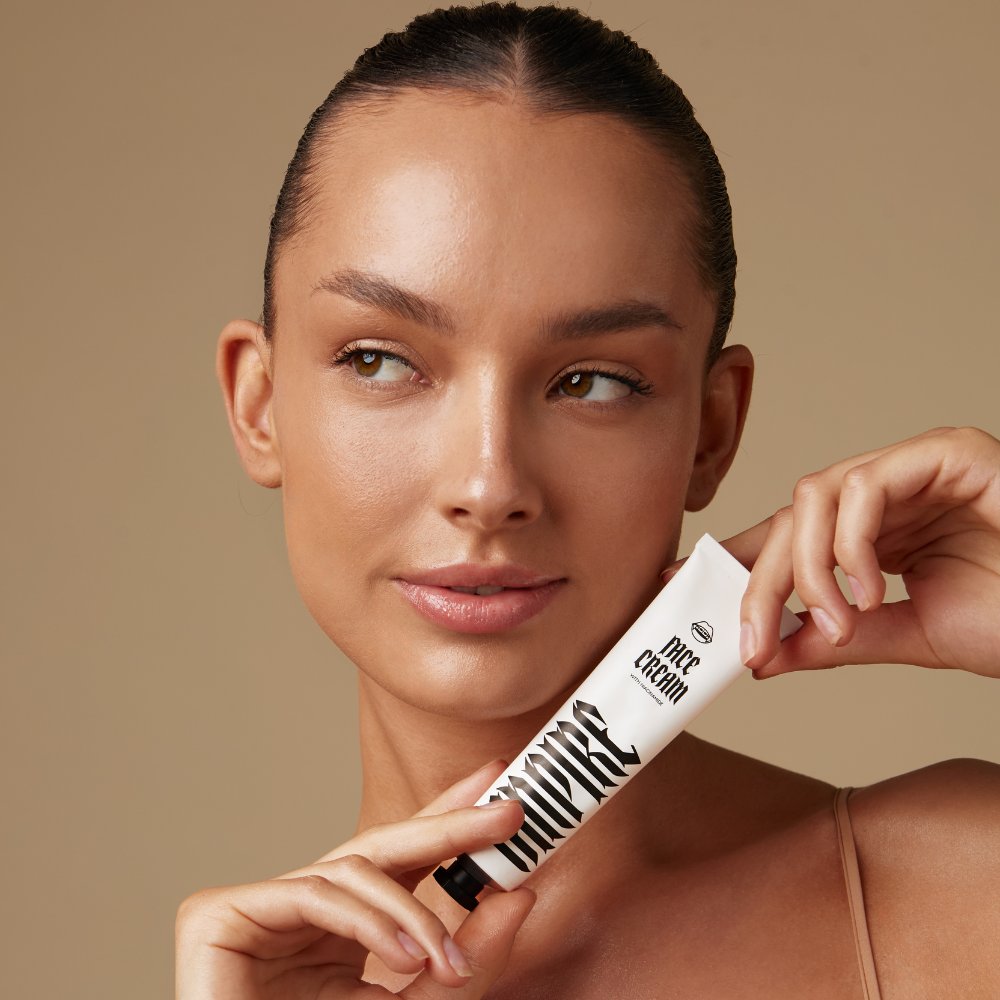
The Ultimate Guide to Finding the Best Face Cream
Understanding the Importance of Face Creams
Face creams play a crucial role in maintaining healthy, radiant skin. These versatile skincare products offer numerous benefits, from hydration to anti-aging effects. Choosing the right face cream can significantly improve skin texture, tone, and overall appearance. Moreover, face creams create a protective barrier against environmental stressors such as pollution and UV rays. This protection helps prevent premature aging and skin damage.
Additionally, regular use of face creams can boost collagen production, leading to firmer, more youthful-looking skin. Many face creams also contain ingredients that address specific skin concerns like acne, hyperpigmentation, or rosacea. Furthermore, the act of applying face cream promotes blood circulation in the skin, which enhances its natural glow. Quality face creams often include antioxidants that neutralize free radicals, thereby reducing oxidative stress on the skin. Lastly, face creams help maintain the skin’s natural moisture balance, preventing issues like excessive dryness or oiliness. Given these numerous benefits, incorporating a suitable face cream into a daily skincare routine becomes essential for anyone looking to achieve and maintain healthy, beautiful skin.
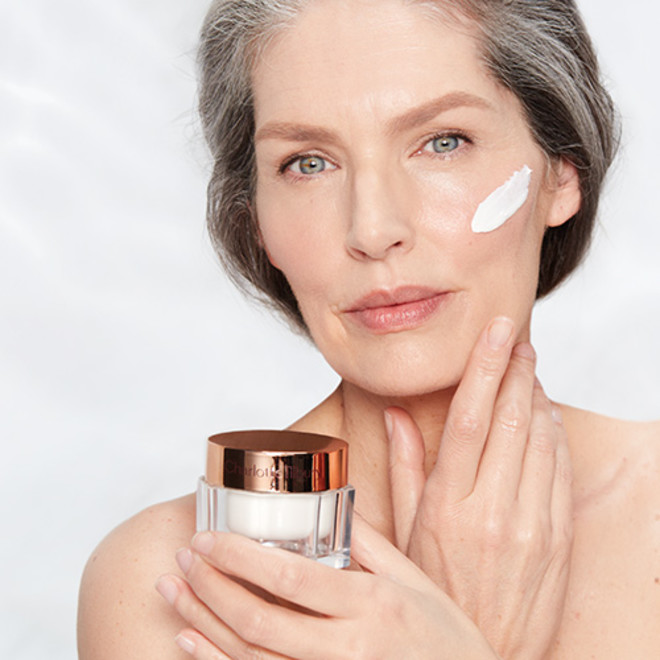
Key Ingredients to Look for in Face Creams
When searching for the best face cream, paying attention to the ingredients list is crucial. Hyaluronic acid stands out as a powerful hydrating agent, capable of holding up to 1000 times its weight in water. This ingredient plumps up the skin, reducing the appearance of fine lines and wrinkles. Another essential ingredient is retinol, a form of vitamin A that promotes cell turnover and collagen production. Vitamin C, a potent antioxidant, brightens the skin and protects against environmental damage.
Niacinamide, or vitamin B3, helps improve skin elasticity and reduce inflammation. For those with sensitive skin, look for soothing ingredients like aloe vera or chamomile. Peptides are another valuable addition, as they stimulate collagen production and improve skin firmness. Sunscreen ingredients such as zinc oxide or titanium dioxide provide crucial protection against harmful UV rays. Natural oils like jojoba, argan, or rosehip offer nourishment and help balance the skin’s oil production. Glycerin acts as a humectant, drawing moisture from the air into the skin. Lastly, antioxidants such as green tea extract or coenzyme Q10 protect the skin from free radical damage.
Choosing the Right Face Cream for Your Skin Type
Selecting a face cream that matches your skin type is essential for achieving optimal results. For those with dry skin, look for rich, emollient creams containing ingredients like hyaluronic acid, ceramides, and natural oils. These components help lock in moisture and prevent water loss. Conversely, individuals with oily skin should opt for lightweight, non-comedogenic formulas that won’t clog pores. Gel-creams or lotions with ingredients like salicylic acid or niacinamide can help control excess oil production.
People with combination skin may benefit from using different creams for different areas of the face or finding a balanced formula that addresses both dry and oily concerns. Those with sensitive skin should choose fragrance-free, hypoallergenic creams with soothing ingredients like aloe vera or chamomile. For acne-prone skin, look for face creams containing acne-fighting ingredients such as benzoyl peroxide or tea tree oil. Mature skin types can benefit from creams rich in anti-aging ingredients like retinol, peptides, and antioxidants. Those with normal skin have the flexibility to choose from a wide range of face creams, focusing on maintaining their skin’s balance and addressing any specific concerns they may have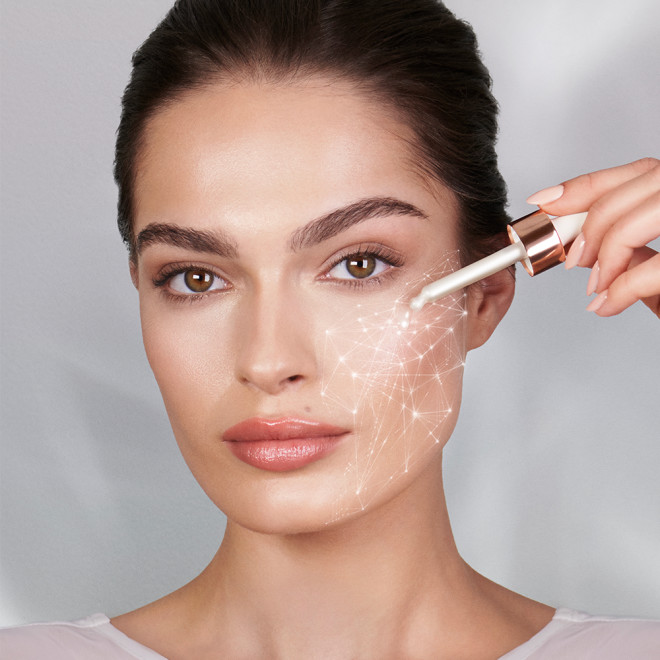
The Best Face Creams for Anti-Aging
Anti-aging face creams target various signs of aging, including fine lines, wrinkles, and loss of firmness. One top choice is the Olay Regenerist Micro-Sculpting Cream, which contains peptides and niacinamide to improve skin elasticity and reduce the appearance of wrinkles. Another excellent option is the La Mer Crème de la Mer, known for its nutrient-rich Miracle Broth™ that helps rejuvenate the skin. The Drunk Elephant Protini Polypeptide Cream combines signal peptides and growth factors to restore and maintain the skin’s youthful appearance.
For those seeking a more affordable option, The Ordinary Natural Moisturizing Factors + HA provides effective hydration and anti-aging benefits. The Estée Lauder Advanced Night Repair Synchronized Multi-Recovery Complex works overnight to repair and rejuvenate the skin. SK-II R.N.A. Power Radical New Age Cream is another premium choice, featuring the brand’s signature Pitera™ ingredient to promote skin renewal. These anti-aging face creams often contain potent ingredients like retinol, peptides, and antioxidants to combat signs of aging effectively. Regular use of these creams can lead to visible improvements in skin texture, firmness, and overall youthfulness.
Top Face Creams for Hydration and Moisture
Hydration is key to maintaining healthy, plump skin. The Neutrogena Hydro Boost Water Gel stands out as an excellent hydrating face cream, thanks to its hyaluronic acid-rich formula. Another popular choice is the Tatcha The Water Cream, which combines Japanese wild rose and leopard lily to control excess oil while providing ample hydration. For intense moisture, consider the Weleda Skin Food Original Ultra-Rich Cream, a cult favorite known for its nourishing blend of plant extracts.
The Clinique Moisture Surge 100H Auto-Replenishing Hydrator offers long-lasting hydration with its aloe bio-ferment and hyaluronic acid complex. Those with extremely dry skin might benefit from the rich First Aid Beauty Ultra Repair Cream, which soothes and hydrates even the most parched skin. The Laneige Water Sleeping Mask works overnight to replenish the skin’s moisture levels. These hydrating face creams often feature ingredients like hyaluronic acid, glycerin, and natural oils to attract and retain moisture in the skin. Regular use of a hydrating face cream can help maintain the skin’s moisture barrier, leading to a smoother, more radiant complexion.
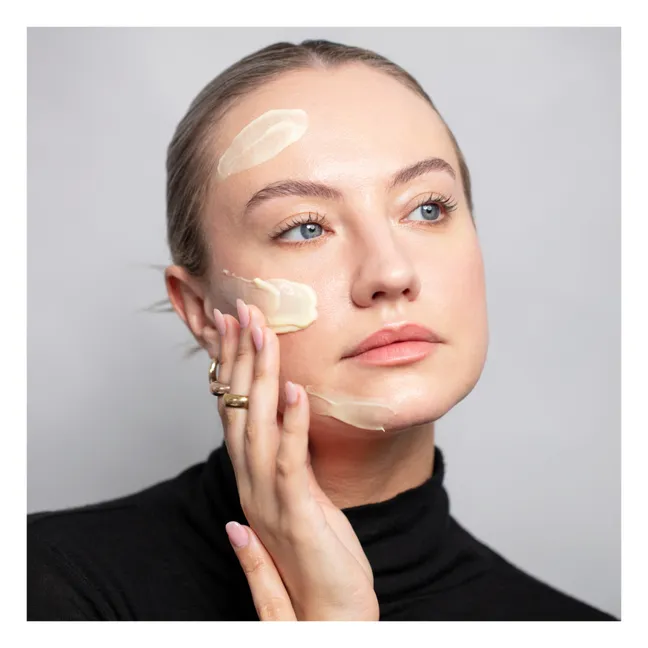
Face Creams for Sensitive and Acne-Prone Skin
Individuals with sensitive or acne-prone skin require specially formulated face creams. The Avène Tolérance Extrême Cream is an excellent choice for sensitive skin, featuring minimal ingredients to reduce the risk of irritation. For those battling acne, the La Roche-Posay Effaclar Duo (+) works to clear blemishes and prevent new breakouts. The Cetaphil Pro Oil Absorbing Moisturizer offers hydration while controlling excess oil, making it suitable for both sensitive and acne-prone skin types. Another great option is the Paula’s Choice CLEAR Oil-Free Moisturizer, which soothes and hydrates without clogging pores.
The Bioderma Sensibio AR Cream is specifically designed for sensitive, redness-prone skin, helping to calm and protect the skin barrier. For those with both sensitive and acne-prone skin, the Burt’s Bees Natural Acne Solutions Daily Moisturizing Lotion provides gentle hydration while fighting blemishes. These face creams often contain soothing ingredients like allantoin or niacinamide, along with acne-fighting components such as salicylic acid or tea tree oil. The key is to find a balance between addressing skin sensitivities and targeting acne concerns without over-drying or irritating the skin.
Natural and Organic Face Cream Options
For those preferring natural or organic skincare, numerous face cream options are available. The Youth To The People Superfood Air-Whip Moisture Cream stands out with its blend of kale, spinach, and green tea extracts. Another excellent choice is the Tata Harper Water-Lock Moisturizer, which uses natural ingredients to hydrate and plump the skin. The Herbivore Pink Cloud Rosewater Moisture Cream offers a lightweight, vegan formula rich in natural oils and extracts. For those seeking intense hydration, the Farmacy Honey Drop Lightweight Moisturizer combines honey with hyaluronic acid for optimal moisture.
The Juice Beauty Stem Cellular Anti-Wrinkle Moisturizer uses grape seed and jojoba oils along with fruit stem cells to fight signs of aging. Another popular option is the Origins GinZing Energy-Boosting Gel Moisturizer, which contains coffee beans and panax ginseng to revitalize the skin. These natural and organic face creams often feature plant-based ingredients, essential oils, and botanical extracts. They cater to consumers looking for clean, eco-friendly skincare options without compromising on effectiveness. When choosing a natural face cream, it’s important to check for certifications like USDA Organic or COSMOS to ensure the product meets certain standards for natural and organic ingredients.
How to Properly Apply Face Cream for Maximum Benefits
Applying face cream correctly ensures maximum absorption and effectiveness. Start with clean, slightly damp skin to help the cream penetrate better. Use about a pea-sized amount of cream for the entire face, as using too much product can lead to clogged pores. Warm the cream between your fingertips before applying to help it spread more easily. Gently pat the cream onto your face rather than rubbing, which can cause irritation and stretching of the skin. Begin application from the center of your face and work outwards, using upward motions to counteract the effects of gravity.
Pay special attention to areas prone to dryness or fine lines, such as around the eyes and mouth. Don’t forget to extend the cream down to your neck and décolletage, as these areas also benefit from moisturization. For best results, apply face cream twice daily – once in the morning and once before bed. If using multiple skincare products, apply the face cream after serums but before sunscreen in your morning routine. At night, it should be the last step in your skincare regimen. Allow the cream to fully absorb before applying makeup or going to bed. Consistency is key – regular application will yield the best long-term results for your skin.
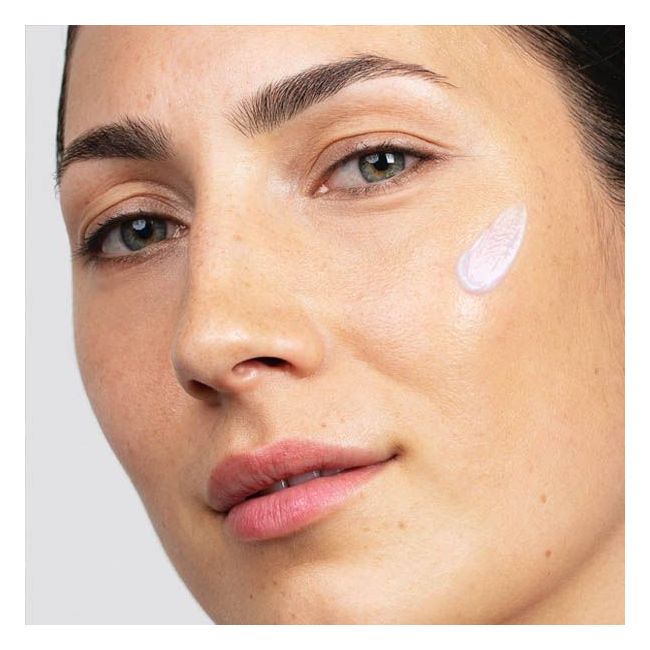
Common Mistakes to Avoid When Using Face Creams
While face creams offer numerous benefits, certain mistakes can hinder their effectiveness. One common error is using a cream that’s not suitable for your skin type, which can lead to issues like breakouts or excessive dryness. Another mistake is applying too much product, which doesn’t improve results and can waste expensive creams. Many people also forget to patch test new face creams, risking allergic reactions or irritation. Neglecting to adjust your face cream with the changing seasons is another oversight, as skin needs often vary between summer and winter.
Some individuals make the mistake of rubbing the cream too vigorously into their skin, which can cause irritation and premature aging. Failing to cleanse the face properly before applying cream can trap dirt and oil, leading to clogged pores. Another common error is not giving the face cream enough time to absorb before applying makeup or going to bed. Some people incorrectly store their face creams in warm, sunny places, which can degrade the product’s effectiveness. Lastly, many forget to regularly clean their cream jar or pump to prevent bacterial contamination. By avoiding these common mistakes, you can ensure that your face cream performs optimally and provides the best possible benefits for your skin.
The Future of Face Creams: Innovations and Trends
The face cream industry continues to evolve with exciting innovations and trends. Personalized skincare is gaining traction, with companies offering custom-blended face creams based on individual skin assessments. Another emerging trend is the incorporation of probiotics and prebiotics in face creams to support the skin’s microbiome. Sustainable and eco-friendly packaging is becoming increasingly important, with brands exploring recyclable and biodegradable options. The use of artificial intelligence in skincare is also on the rise, with apps that can analyze skin conditions and recommend suitable face creams.
Multifunctional face creams that combine skincare with makeup, such as tinted moisturizers with anti-aging properties, are growing in popularity. There’s also a trend towards “skinimalism,” focusing on simple, effective formulas rather than complex, multi-step routines. Cryotherapy-inspired face creams that provide a cooling effect are gaining attention for their de-puffing and soothing properties. The inclusion of adaptogenic herbs in face creams is another trend, aimed at helping the skin cope with stress and environmental factors. Lastly, there’s growing interest in blue light protection, with face creams incorporating ingredients that shield the skin from digital device emissions. These innovations and trends reflect the industry’s response to evolving consumer needs and environmental concerns, shaping the future of face creams.
